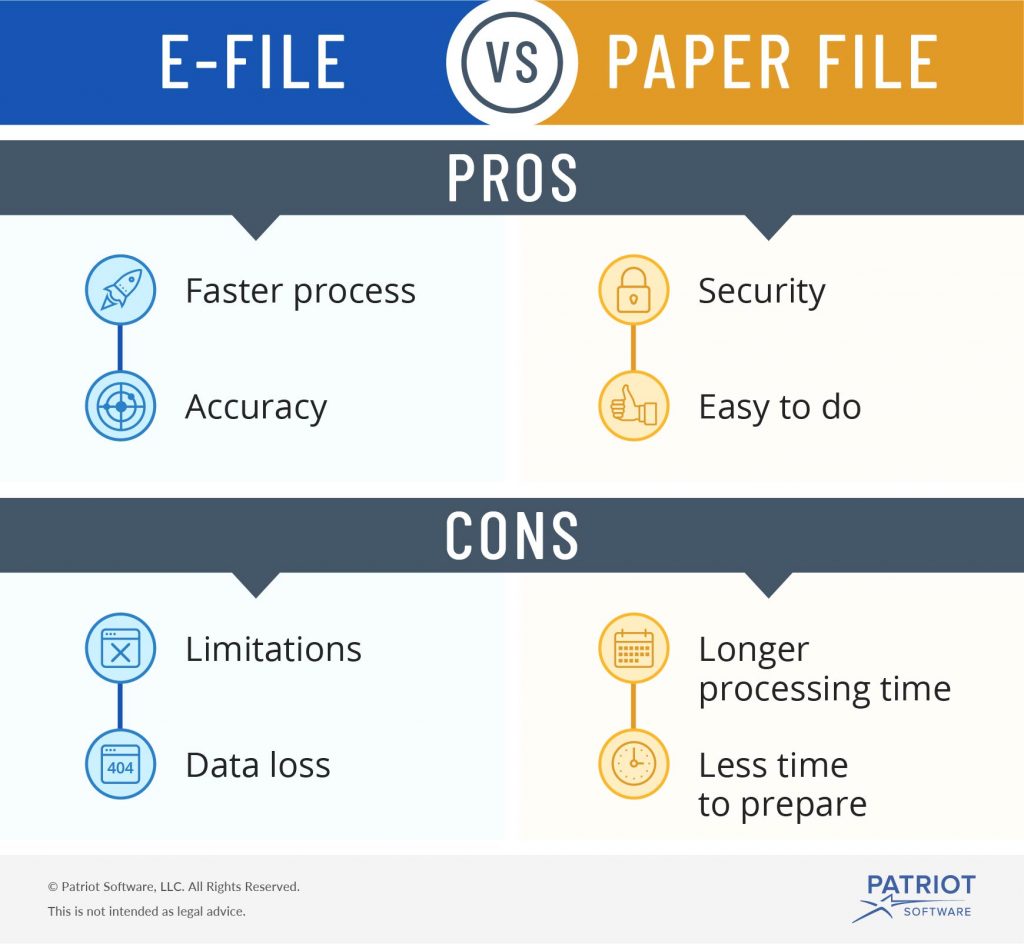Wow. I am still unsure of this question and debate. I agree with both sides! Well done both Teams!
Listening to Kymberly Deloatche’s stories about John the store greeter and her son who loves to dance, I have to agree that technology has indeed created a more equitable society. When I have student’s whose first language is not English, the closed captions on videos are incredibly helpful! John Ward’s article on digital technology taught me that there are such things as digital schools in a box! What an incredible initiative by Vodafone. Currently, the Vodafone Instant Classroom project is being held in 4 countries, which are Kenya, DR Congo, Tanzania and Sudan. But, after reading this my critical mind starts thinking: Is the Vodafone company being altruistic? What is their motive in educating refugee children in those four countries? Where are they getting the funds from?
All children have the right to access education. Matt Jenner refers to one of UNICEF’s missions: to ensure that all children have access to an education. What is interesting is that Jenner does not reference UNICEF’s 2017 report: Children in a Digital World. In this report, UNICEF is also on the fence with this debate. On one hand they state that:
“If leveraged in the right way and universally accessible, digital technology can be a game changer for children being left behind – whether because of poverty, race, ethnicity, gender, disability, displacement or geographic isolation – connecting them to a world of opportunity and providing them with the skills they need to succeed in a digital world.”
On the other hand (and on the same page), they state:
“But unless we expand access, digital technology may create new divides that prevent children from fulfilling their potential.” (UNICEF, 2017, p. 3)

This report was informative and interesting! The report repeats many of the messages we heard from both debates including how technology is increasing access to information and the need for teacher training and strong pedagogy when it comes to integrating technology. What I did learn from this report is that there is a digital gender gap. Globally, 12 per cent more men than women use the internet! I was also reminded of the safety aspect of technology, including abuse and privacy issues that many children face.
The new divides that technology can create were discussed in the debate as well. The digital injustices are real and they are “layered and complex, and reflect the systemic and structural barriers” (Weeden & Kelly, 2021). The Pro Debate team did talk about these inequities. In their video they mentioned 62 factors of education inequities, many which are systemic and well outside the teacher’s control.
This access to technology made me think of my sister and her work. She is a lawyer that works for Pro Bono Law Saskatchewan. In her work she has experience with and aids those individuals who are marginalized and who lack access to technology. When I asked her about whether technology is making society more equitable she gave examples of how the processes for applying to the office of residential tenancies has gone online and how they had to fight to continue to allow paper filing.

She thinks that for things to be equitable there always has to be an in person option for filing/applying for different things. But even in saying that, she reflected on if the majority of processes go automated, which means less front line staff and less people who file paper, this might mean that people who are filing in person (who do not have access to technology) will have to wait longer than those who do the process online… So is that equitable?


I am also split on the equitable debate. I see how it has helped many, but also how lack of access and education limits its success. I am just starting to reach that age where some new tech seems like too much work, so I can see that side as well.
I find myself asking, as you did, who is financing this and how are they influencing the uses and implementation of technology. I remind myself that sometimes technology that is developed to benefit one group can be used in mass markets. I remember how amazing Dragon was when I first saw it. At the time I focused on how it would benefit students, I had not considered the mass market implications of speech recognition software. Even thinking about the money that has gone into vaccinations over the pandemic, I try to give some optimistic context. In that case drug companies are in it for the money, but the results can still be a great benefit to society. Extending that analogy you could compare the lack of access to vaccinations in third world countries to the lack of technological access.
When you mentioned the gender gap, it reminded me of how my place of privilege can lead to me overlooking problems. Even though I am aware of it, my brain focussed on the SES challenges.
I also agree that just because technology makes things easier for some does not mean we should eliminate other means of communication. It can add an extra challenge to any activity that technology is supposed to be making easier.
Hi Nicole,
Great insight and reflection on this topic. I have experience in helping a client with accessing a free lawyer advice appointment at Pro Bono Law Saskatchewan. The client has experienced domestic violence and moved out of her home. She was no access to the Internet, but the registration process at Pro Bono Law is online. The same as the form that requires more information from the client is also online. My client has not been able to fill them in because she has no access to the Internet. I have helped her to complete the registration process and Pro Bono Law has provided her with great legal advice. I agree with your sister that providing both paper and online registration may be beneficial to clients without the Internet.
Echo
Hi, there!
The bit you shared about your Pro-Bono sister and her work is so interesting. It reminds me of an article I read arguing that access to the internet should be a fundamental human right. It was written after the fall-out of COVID and after the author witnessed the turmoil that it caused. The article argued that during COVID, everything went online — school, work (not for all, but for many), job interviews, doctors appointments, lawyer appointments, etc… From that perspective, it really made me believe that hey, maybe internet really should be a fundamental human right. Yet, when I look at the political/social climate of Canada right now, I think we have a long ways to go until that idea is entertained.
Hello Nicole,
I agree that there are many ways in which technology has created a more equitable society. From allowing access to resources to teaching online classes in remote areas. Technology evens the playing field for many students especially when it comes to having access to resources. Of course, access plays an important role in this, but the walls of the classroom, are as equitable as possible. Your story about your sister, put some things in perspective for me. I often only think about an equitable society in terms of education, but as more things become digital, many members of our society will be put at a disadvantage. Sadly, these are often our most vulnerable members, so it is good to hear that there are people advocating for them.
Even though I can see both sides of this debate, and I can see how technology has improved the lives of many people, I still cannot say that it is equitable. There are still so many people that do not have access to technology, Wifi, or even the internet for that matter. The digital divide is more and more evident every day, and these gaps have never been so apparent as they were when we were online teaching during the pandemic. Like the story of your sister, there are so many things that people still need to be able to do without the use of technology. Filling out government paperwork, and more are all really good examples of where people still need to use pen and paper skills, and not just rely solely on using technology. Great post!